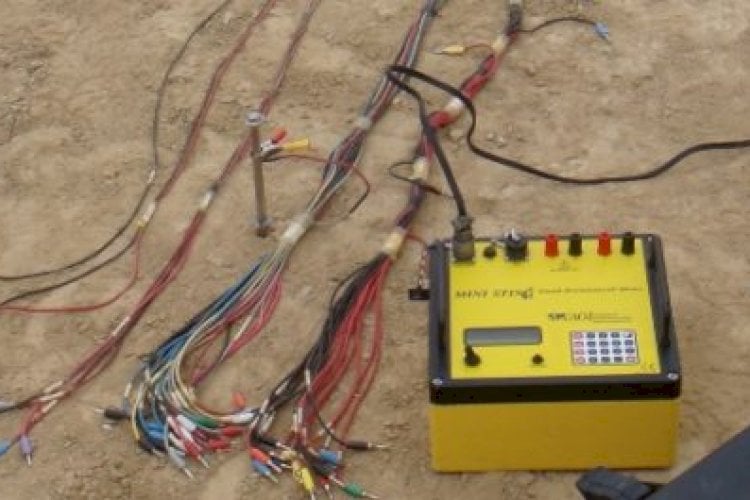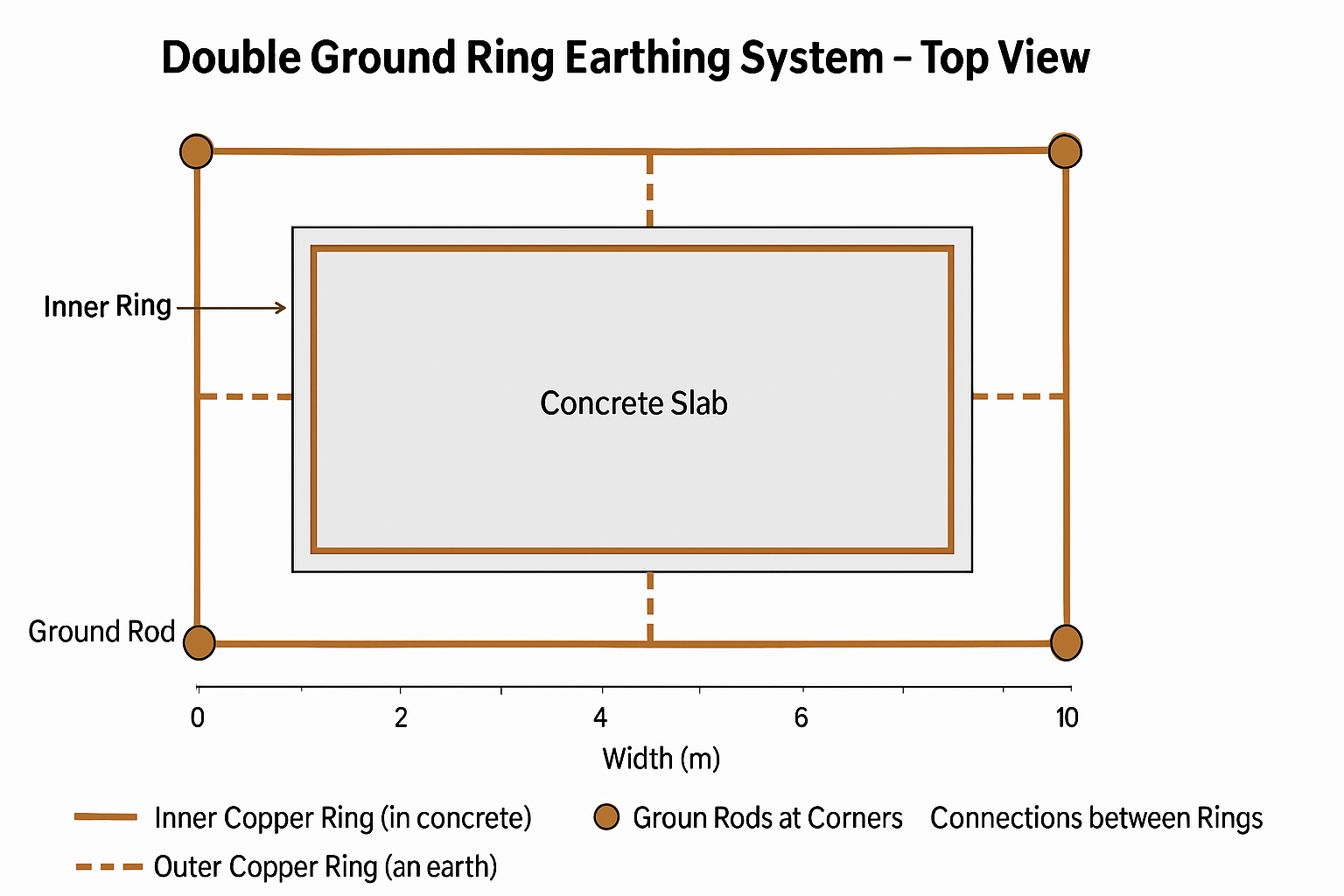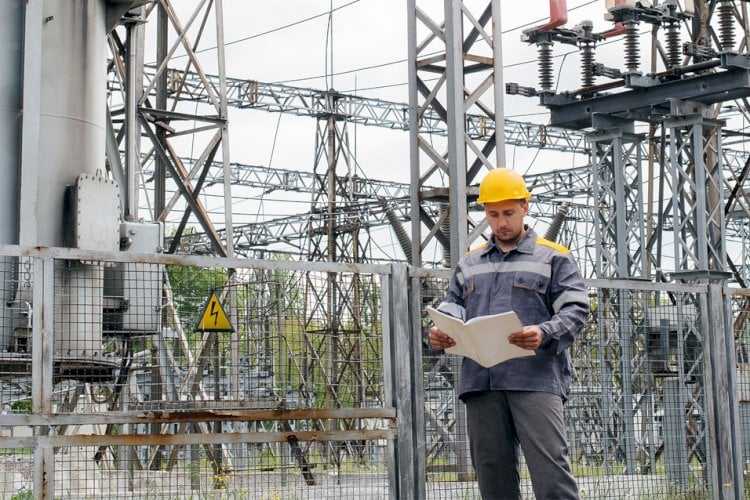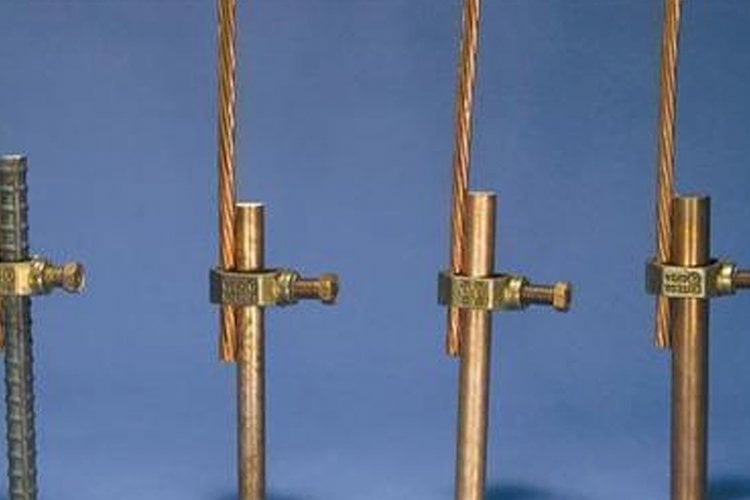Numerous studies going back many decades have shown that ground resistance measurements should be conducted using a true Direct-Current (0 Hz) source with an Induced-Polarization (IP) capacity. In fact, the issues between AC and DC signals and the problem with polarization go back at least as far as Frank Wenner’s original white paper published on July 15, 1915, where he introduced the 4-point soil resistivity testing methodology to the world. Mr. Wenner was forced to use AC because the IP technology for processing DC signals had not yet been invented. But even he was aware that AC was not ideal.
By the way, in addition to a DC meter with IP technology, you will also want a meter capable of producing a signal strength at several hundred volts with many hundreds of watts of power. These types of meters generally require either a car battery or a small generator in order to get the power needed for proper testing. See IEEE Std 81-1983 Chapter 7.4 for more information.
E&S Grounding Solutions agrees with the analysis conducted by Safe Engineering Services in Canada that currently there are only two (2) manufacturers meeting the minimum earth ground testing requirements: Iris Instruments in France, and AGI in the USA.
http://www.iris-instruments.com/
Now, the reason some companies produce earth ground resistance meters at those frequencies is because Direct-Current (DC) metering is very difficult to do, Alternating-Current (AC) is much easier and cheaper. If you notice in the literature, the companies will often try to deceive you by claiming that the signal is a “pulsed DC”. This is a marketing ploy to avoid calling the signal what it really is, a square-wave AC signal.
AC signals have all kinds of problems when it comes to accurately measuring resistances in the ground. Many of these reasons are quite complex and involve not only the ground, but the probes themselves and the interface between the probes. Bottom line, you want a DC/IP test meter.
Additionally, AC signals have issues with “cross-talk” between the test leads which can cause measurement errors, especially when using coiled cables. Most importantly, overhead 50 Hz or 60 Hz power lines can impact the accuracy of these cheaper measuring devices significantly, as many of these AC ground resistance meters use power supplies that generate signals of less than 0.1 watts. Often, these cheaper AC testing meters are only injecting 10 or 20 milliamps into the earth at 20 to 50 volts, with the return signal being dramatically less.
You might have seen a requirement for shielded test leads? Because the return signal is so unbelievable small, often less than a single milliamp, it can be easily overpowered by nearby power lines. This is why the cheaper ground testing meters use 94Hz, 105Hz, 111Hz, and 128Hz AC frequency signals, in an attempt to avoid interference from stray 50/60 Hz AC currents. See IEEE Std 81-1983 Chapter 6.4 for more information about the requirement to mitigate the negative influence that Stray Alternating Currents have on ground measurements.
We hope this helps you in selecting your earth ground resistance meter.





